NASA'S Gateways to Blue Skies Competition
The Gateways to Blue Skies Competition (GBS) expands engagement between post-secondary institutions and NASA Aeronautics, industry, and government partners by providing an opportunity for multidisciplinary teams of students from all academic levels (i.e., freshman, sophomore, junior, senior, and graduate) and fields to tackle critical challenges and opportunities within the aviation industry through a new competition theme each year.
Competition News

Announcing the 2026 Blue Skies Competition!
September 24, 2025 - The 2026 Gateways to Blue Skies Competition: RepAir: Advancing Aircraft Maintenance is now open! Proposals should focus on a specific maintenance area and technologies should be deployable by 2035.
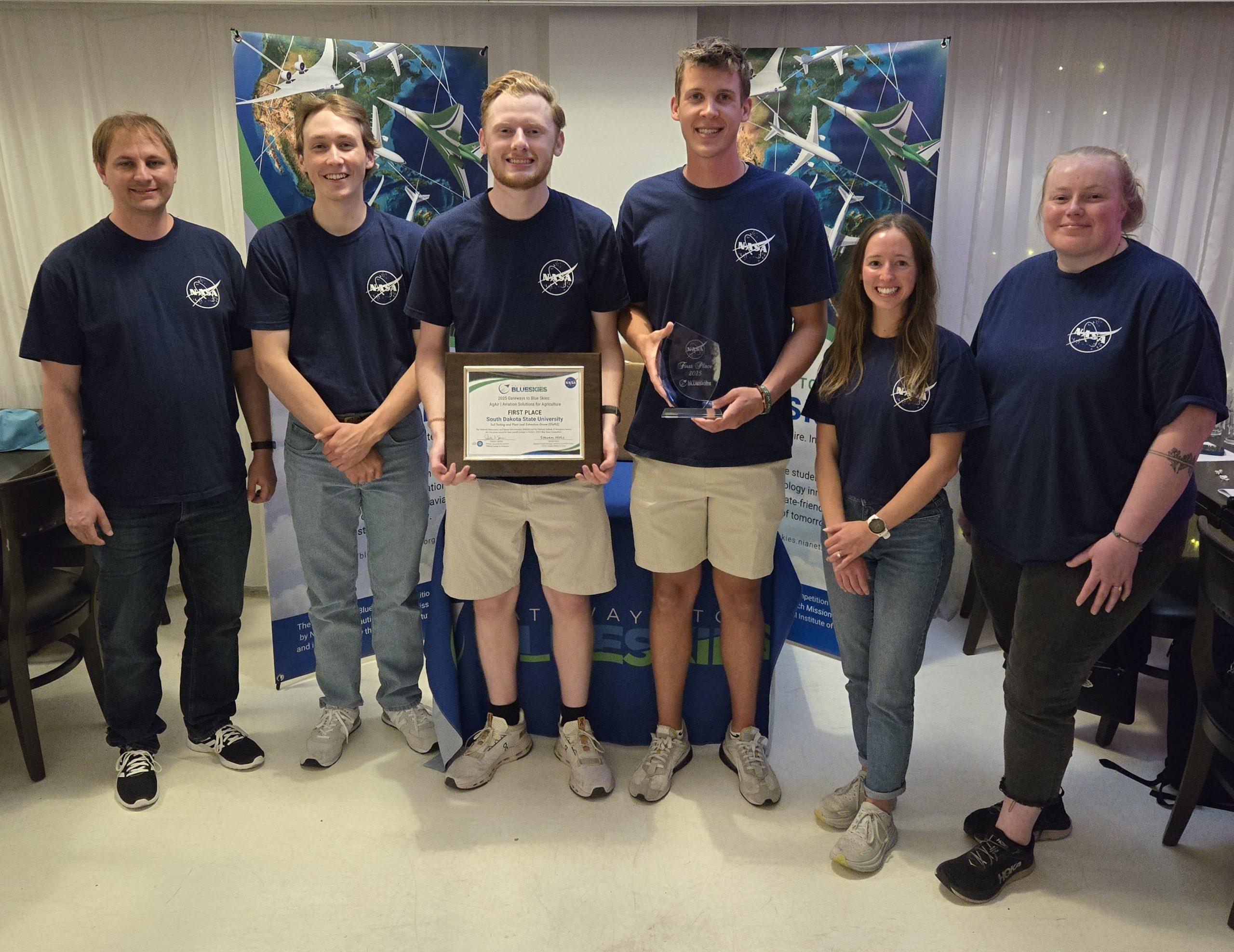
2025 Blue Skies Winners Announced!
May 21, 2025 - The South Dakota State University team, with their project titled “Soil Testing and Plant Leaf Extraction Drone,” took first place at the fourth annual Gateways to Blue Skies Competition.
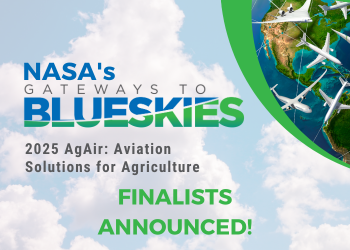
2025 Blue Skies Finalists Announced!
March 14, 2025 - Eight teams have been selected as finalists as part of the 2025 Gateways to Blue Skies Competition. Teams will present their design concepts to a panel of NASA & industry judges this May.
GATEWAYS TO BLUE SKIES
Competition Overview
Gateways to Blue Skies (GBS) expands engagement between post-secondary institutions and NASA’s University Innovation Project, industry, and government partners by providing an opportunity for multidisciplinary teams of students from all academic levels (i.e., freshman, sophomore, junior, senior, and graduate) and fields to tackle critical challenges and opportunities within the aviation industry through a new project theme each year. The competition is guided by a push toward new technologies and fostering forward-looking, socially responsible aviation.
In Phase 1, participation involves a conceptual systems-level study, submission of a 5–7-page proposal, and creation of a 2-minute video summarizing the team’s proposal. Based on the review of proposal submissions, up to 8 teams may be selected to receive a $9,000 prize and advance to Phase 2, which includes a final design review at the GBS Forum at or near NASA’s Langley Research Center. Teams selected to advance to Phase 2 are responsible for developing a final paper and infographic and giving an in-person presentation at the GBS Forum. Internship opportunities* with NASA’s ARMD during the following Fall, Summer or Spring semesters serve as the competition prize for members of the winning team.
*Please review NASA’s Internship Eligibility at a Glance for more information about GBS prize eligibility.
Toggle the menu below for additional competition details. Visit the Competition Details page for more details about this year’s competition.
NASA welcomes submissions from teams from accredited U.S.-based post-secondary institutions, including technical colleges, community colleges, colleges, or universities. Teams may be comprised of a combination of full-time or part-time students from any post-secondary academic levels, and can include senior capstone students, clubs, multi-university teams, or multi-disciplinary teams. Additional Eligibility restrictions apply. See the Participation Agreement for full Eligibility Requirements.
Team Size
● At a minimum, teams must contain one faculty advisor with a college/university affiliation at a lead U.S.-based institution, and 2 U.S. citizen (or lawful permanent resident) students from that lead U.S.-based college/university who work on the project and can present at the culminating GBS Forum.
● Team size is limited to a maximum of 6 student team members
Expectations
● The expectation is that GBS projects are student-led initiatives (i.e., students are doing the work).
● Faculty take on the role as mentors, and if a team is selected as a finalist, help manage any monetary awards sent to the university.
● Proposed solutions should originate from the student team, versus from an outside individual or entity.
PRIZE PHASE 1
Finalist teams will be announced in March 2026 following the conclusion of the Phase 1 proposal review. Each eligible finalist team will receive a $9,000 prize issued to their university and advance to Phase 2 of the competition, which includes a final design review at the GBS Forum. Allocation of the funds is at the discretion of the team’s faculty advisor.
PRIZE PHASE 2
Teams selected to receive a prize and move on to Phase 2 are responsible for the development of a final paper, infographic, and an in-person presentation during the GBS Forum in May 2026 at NASA’s Langley Research Center in Hampton, Va.
Foreign national team members may not be able to attend events, including tours, that take place onsite at a NASA center due to security restrictions. During the culminating Awards Ceremony at the GBS Forum, awards will include 1st place, and any other panel-determined honors (e.g., Best Technical Poster, Most Creative/Innovative Project, etc.). Internship opportunities* with NASA’s ARMD serve as the competition prize for members of the winning team (Pathways internships excluded).
NASA INTERNSHIPS
NASA ARMD will provide up to 6 internships to students of the winning team. Student members of the first-place team who meet eligibility requirements to work onsite at a NASA center will receive offers for internships at Langley Research Center, Glenn Research Center, Ames Research Center, or Armstrong Flight Research Center. Selections will be based on the cumulative merit of each student’s individual internship application and availability for fall, spring, or summer internships. Internships are also available to graduating seniors if taken within six months of graduation. Internships must be taken during one of the following sessions:
● Spring 2027: Mid-January to early May (16 weeks)
● Summer 2027: Late May/early June to August (10 weeks)
*Please note that NASA internships have additional eligibility requirements:
● U.S. citizenship.
● Cumulative 3.0 GPA (on a 4.0 scale).
● Undergrad and graduate students must be enrolled full-time in a degree-granting program at an accredited college or university
● Graduating students are eligible for the internship, provided they begin the internship within 6 months of graduating.
● See full eligibility criteria under “Eligibility at a Glance” on the NASA Internships website.
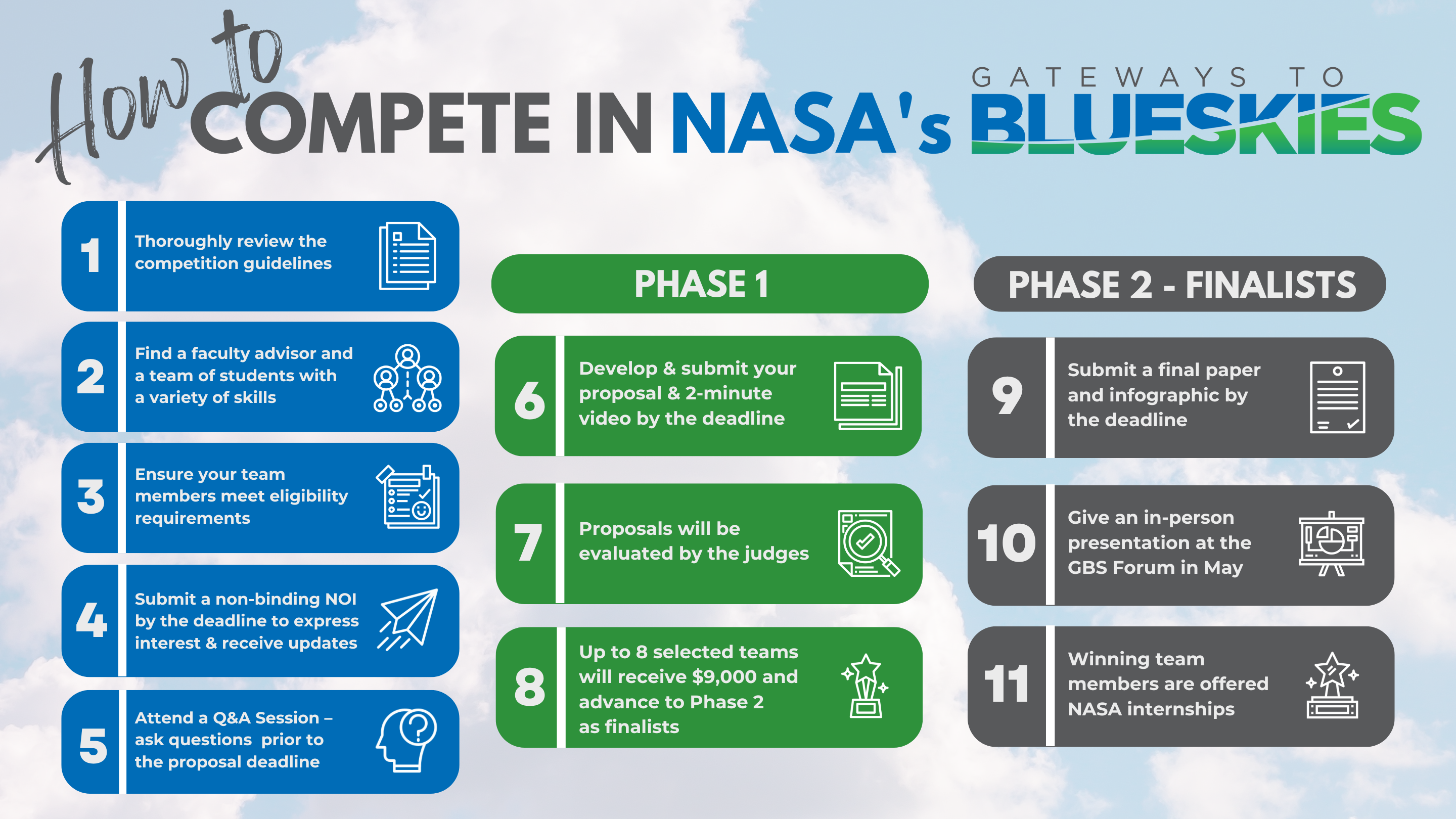
 Greg Emerson
Greg Emerson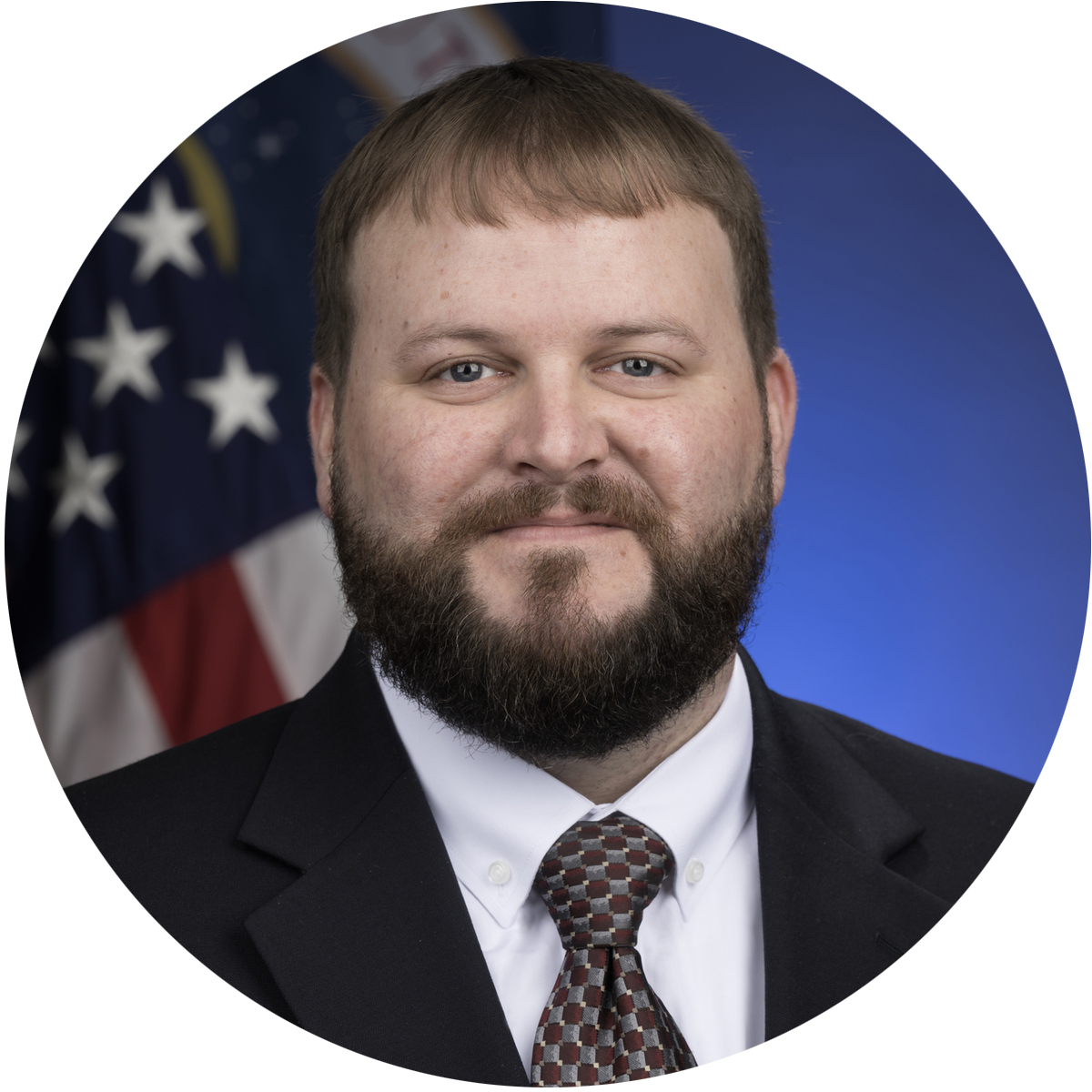 John Bombaro
John Bombaro Brian Cole
Brian Cole Jim Baumiller
Jim Baumiller Scott Colling
Scott Colling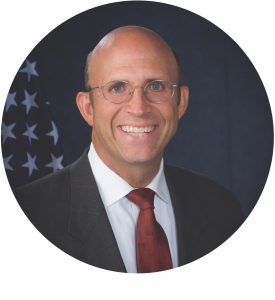 Dan Martin
Dan Martin Cordelia Hiers-Brady
Cordelia Hiers-Brady Shawn Engelland
Shawn Engelland George Burba
George Burba CJ Bixby
CJ Bixby
 Jay Stalnacker
Jay Stalnacker Charles Sheehe
Charles Sheehe Travis Potter
Travis Potter Amy McCluskey
Amy McCluskey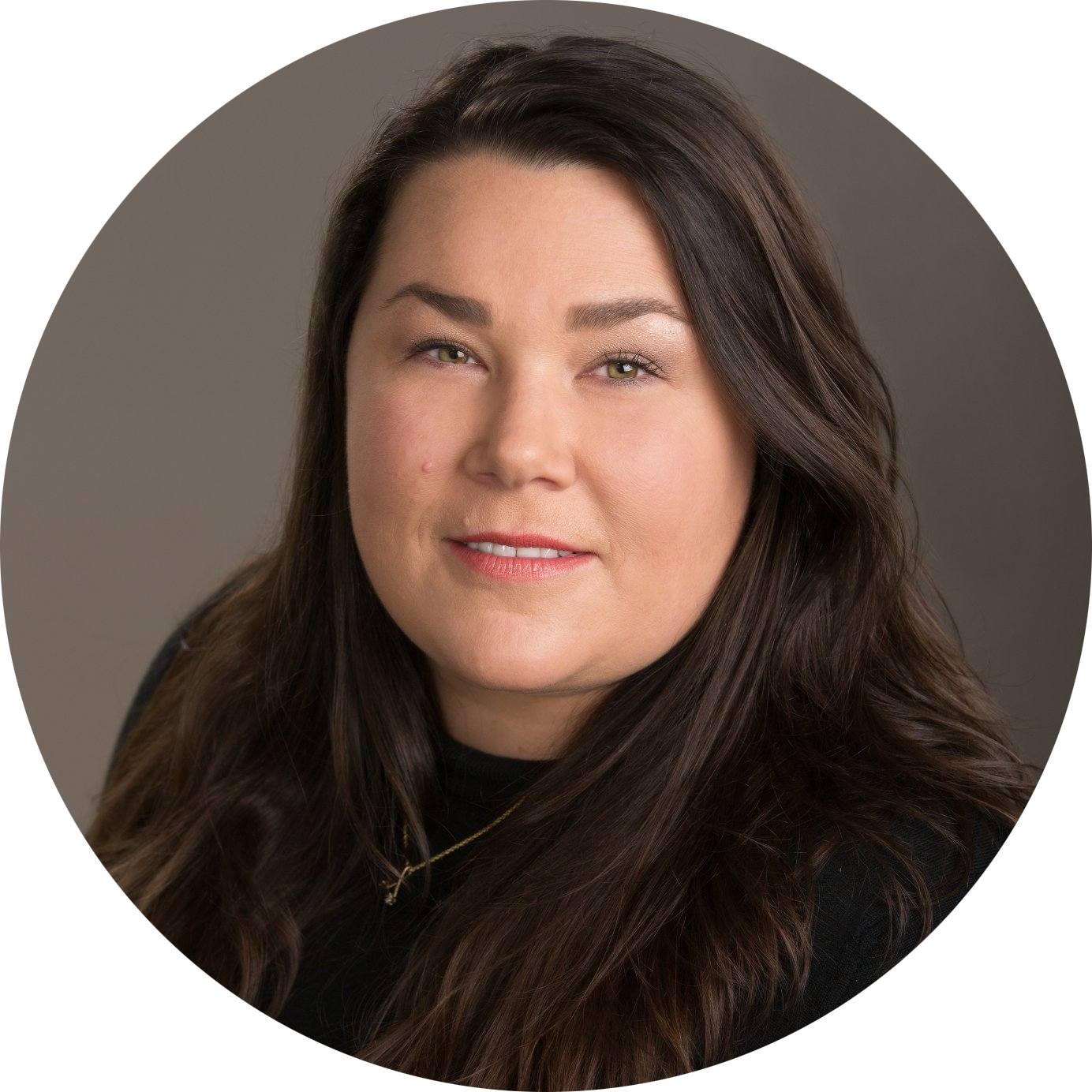 Dr. Shanna McClain
Dr. Shanna McClain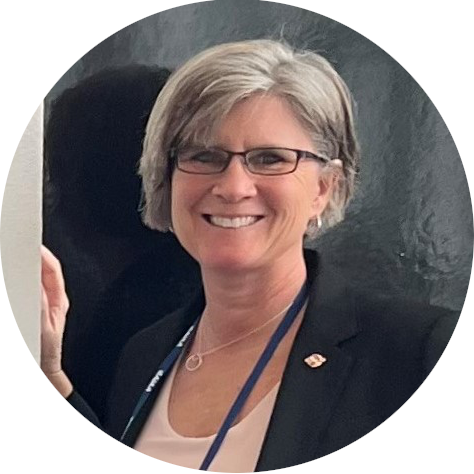 Peggy Cornell
Peggy Cornell Matthew Boucher
Matthew Boucher Susan Bayley
Susan Bayley Dr. Marcus Johnson
Dr. Marcus Johnson Genevieve Ebarle
Genevieve Ebarle Stacy Dees
Stacy Dees Shelley Spears
Shelley Spears Janice Kurbjun Miller
Janice Kurbjun Miller Mina Cappuccio
Mina Cappuccio Craig Nickol
Craig Nickol Jeanne Yu
Jeanne Yu Devin Pugh-Thomas
Devin Pugh-Thomas Mani Gavvalapalli
Mani Gavvalapalli Phil Kenul
Phil Kenul Koushik Datta
Koushik Datta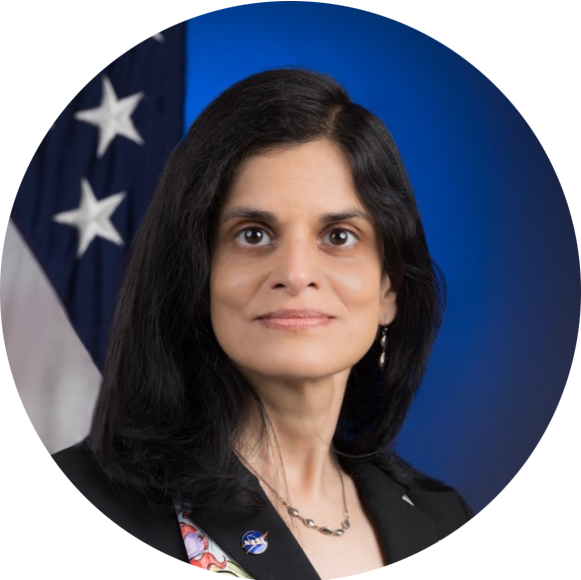 Dr. Natasha Neogi
Dr. Natasha Neogi Starr Ginn
Starr Ginn Steven Holz
Steven Holz Andrew Provenza
Andrew Provenza